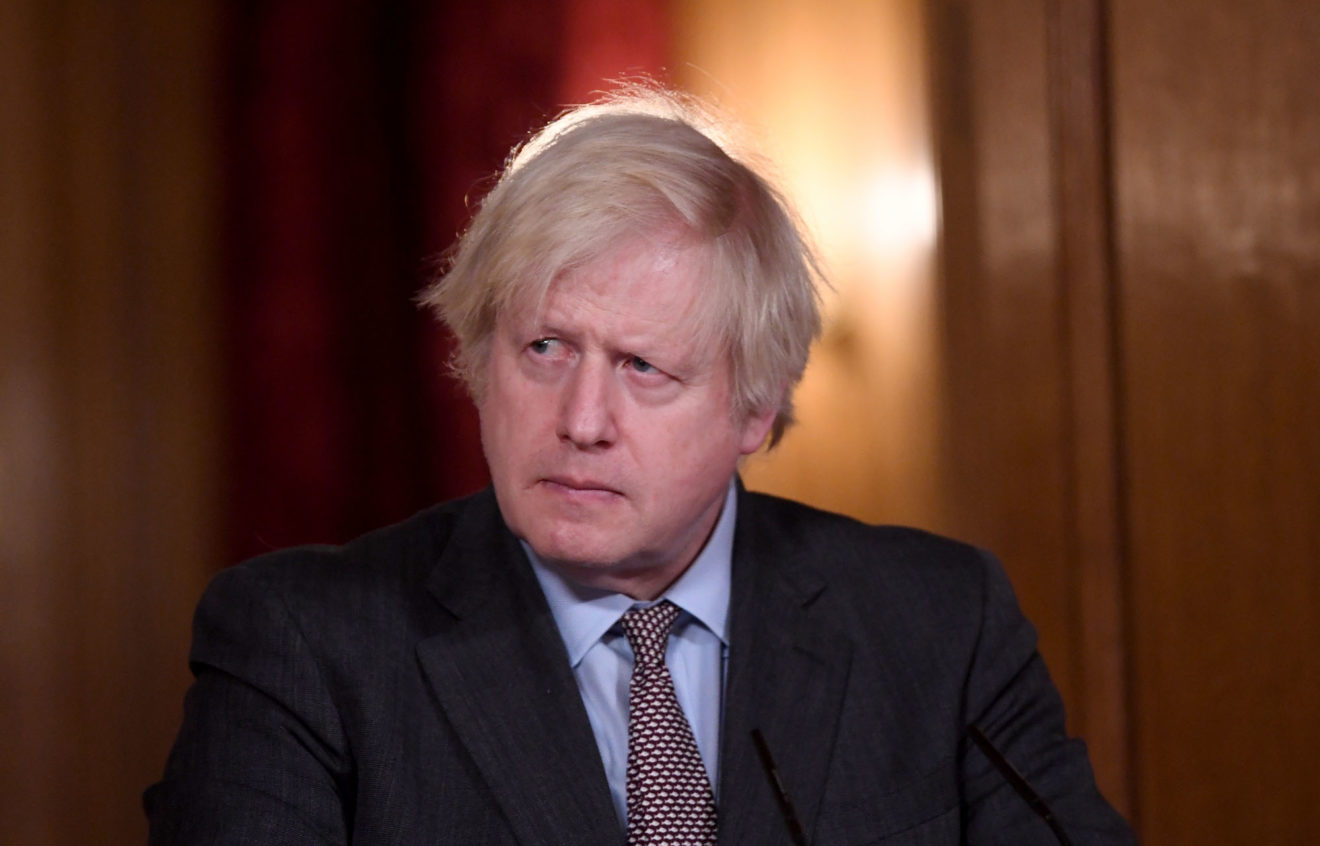Uighur advocates ‘appalled’ by UK attempt to compromise on genocide law

Politico, 07 February 2021

Below is an article published by Politico. Photo Getty Images.
Boris Johnson’s bid to see off a parliamentary rebellion over genocide determination is “tantamount to spitting into the faces” of survivors of Chinese detention camps, Uighur advocates told the U.K. prime minister.
A cross-party group of MPs will this week make a fresh attempt to amend the British government’s Trade Bill, aiming to add a clause to it that would scuttle trade deals with any country found by British courts to have committed genocide.
After narrowly swerving defeat on the issue last month, the government has put forward a compromise plan that campaigners say still falls far short of their aims.
In a letter to Johnson seen by POLITICO, Dolkun Isa, president of the World Uyghur Congress, said he is “shocked and appalled” at the alternative proposal.
“Uyghur survivors have begged for recognition of what is happening to them,” Isa said. “We know that it is long-standing policy for the UK to refuse to use the word ‘genocide’ without a court decision, and that this policy is not going to change. So the actions of your government in [proposing] this amendment are tantamount to spitting into the faces of … survivors.”
The U.K. government was shaken by Conservative rebel support for a campaign to allow the British High Court, rather than international bodies, to rule on whether a country is committing genocide. The amendment would then give MPs the power to cancel British trade deals with any state found to have done so.
Rather than hand parliament the power to end trade deals, the government’s compromise proposal, put forward in the name of Conservative MP Bob Neill, would allow the House of Commons’ foreign affairs committee to consider evidence of genocide and make non-binding recommendations. U.K. courts would not be involved, and the genocide amendment will be killed off if Neill’s compromise proposal succeeds.
Ministers’ longstanding position is that determining genocide is a matter for the International Criminal Court, although critics point out that China’s United Nations Security Council seat means it can veto any referral to the ICC.
While the government narrowly defeated the rebels in a House of Commons vote on the amendment last month, it faces a further showdown after the House of Lords reinserted the clause.
The government has warnedMPs privately that the rebel amendment would make it “impossible for the government to ignore” the High Court, handing “de facto” power to the judiciary.
A government spokesperson said ministers shared “grave concerns about human rights abuses in Xinjiang” and understood “the strength of feeling on this issue.”
But it warned that the latest version of the rebel amendment, added back into the bill in by crossbench peer Lord David Alton, “would embroil the courts in the formulation of trade policy and conduct of international relations, and risks playing into the hands of genocidal regimes.”
The spokesperson added: “This alternative amendment, put forward by MPs, goes further than Lord Alton’s. It empowers parliamentarians to take a stand on credible reports of genocide by a prospective trade partner, while placing a specific duty on government to act.”
The Tory rebels, led by former Conservative leader Iain Duncan Smith, see their amendment as a chance to hold China accountable for what the U.S. State Department last month labeled the “genocide” of Uighur Muslims in Xinjiang.
Governments around the world — alongside Uighur campaigners and international experts — allege China has put as many as 1 million Uighur people into detention camps and used their forced labor in the country’s global supply chains. They also accuse China of forced sterilizations, brain-washing, and the destruction of mosques.
Trade Minister Greg Hands has pointed out that the U.K. doesn’t have, nor is it pursuing, a bilateral trade deal with China. Yet the rebel amendment is not framed “to include just trade deals,” said a supporter of the group, but all bilateral trade agreements — including a bilateral trade investment treaty with China from 1986 and many other smaller trade agreements.
China is among the U.K.’s top five trade partners, and inward investment would stand to suffer most if the amendment passes. Between January and August 2019, Chinese businesses invested roughly £6 billion into the U.K. compared to £4.4 billion in total the year before.
Last week Chinese Premier Li Keqiang sought to promote stronger trade ties between the two countries at an online event held by the China-Britain Business Council.
In his letter to Johnson, Isa pleads for the British government to “reconsider your actions, and to give us our day in court.”

